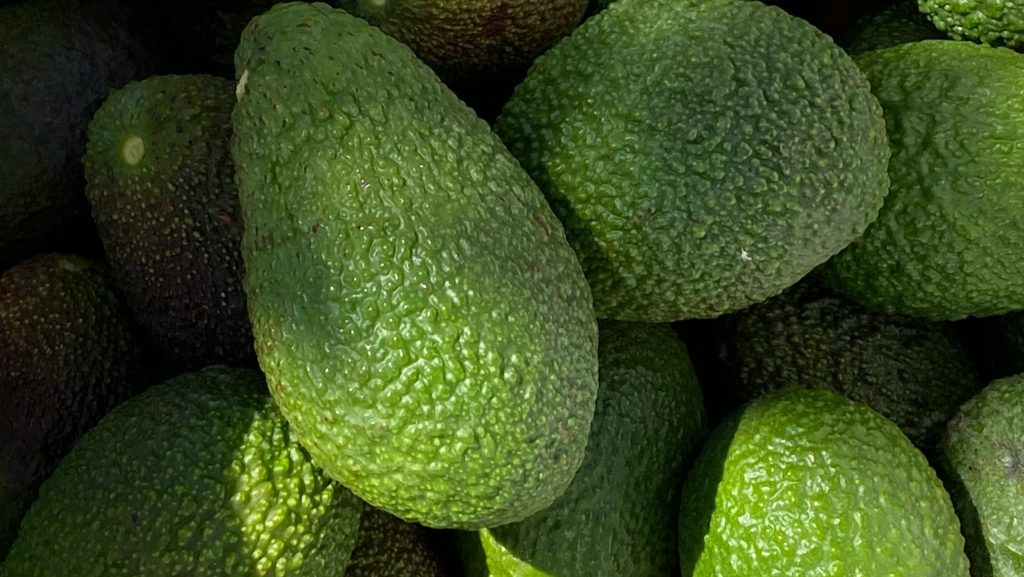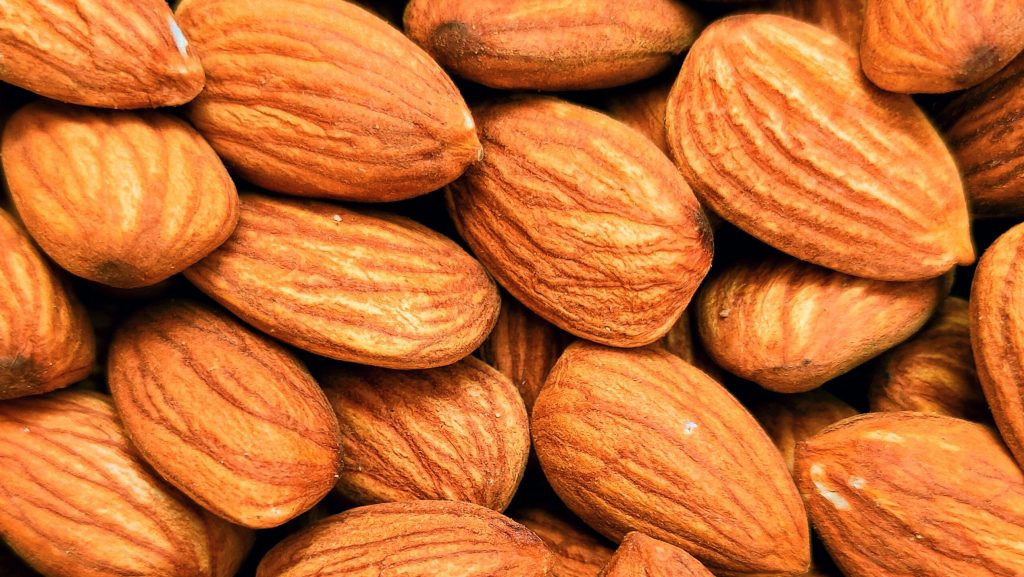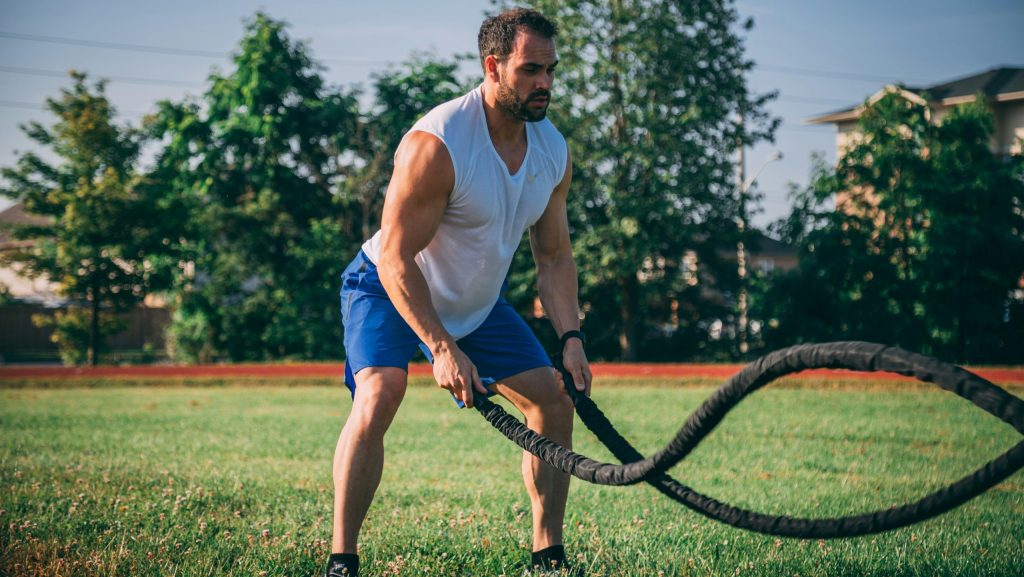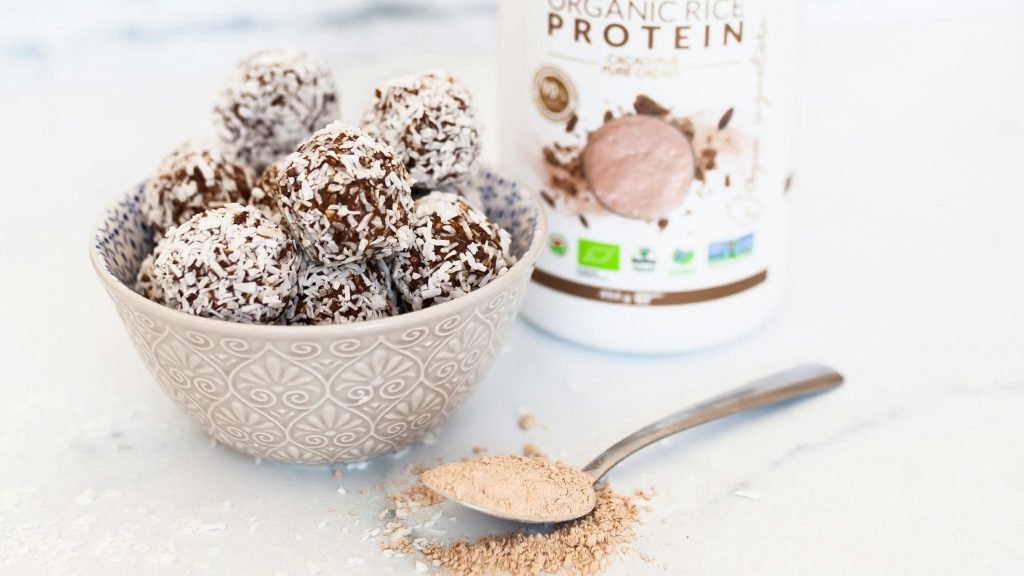Table of Contents
Traditionally, animal-based sources have been considered the primary providers of protein, reflecting a long-standing belief in their necessity for peak physical condition. However, the increasing adoption of veganism and plant-based diets has introduced a shift towards exploring plant-based protein sources. This article focuses on vegan protein foods for fitness, demonstrating how individuals can meet their protein needs while adhering to a vegan diet.
The article covers essential topics for integrating vegan protein into a fitness regimen:
- Top Vegan Protein Sources for Athletes
- Vegan Protein and Muscle Building
- Optimizing Vegan Fitness Nutrition
- Vegan Protein Supplements for Fitness
- Vegan Recipes High in Protein
These topics are selected to offer a thorough understanding of how vegan protein sources can effectively support fitness goals, including muscle building and recovery. The article aims to debunk myths about the inadequacy of plant-based proteins and provides practical tips for incorporating high-protein vegan foods into one’s diet.
Understanding the nutritional profiles of various vegan proteins, their benefits for athletic performance, and how to integrate them into a fitness diet is crucial. This includes a detailed comparison of plant and animal proteins, highlighting the best vegan foods for post-workout recovery, and offering guidance on creating a balanced vegan diet for muscle gain. Additionally, the article reviews vegan protein supplements, their types, benefits, and how to select and use them effectively in a fitness routine. Lastly, it provides high-protein vegan recipes designed to support fitness enthusiasts in meeting their dietary needs.
“Many plant-based proteins provide equivalent or even superior amounts of protein compared to animal sources, along with additional health benefits. This article explores the impact of vegan protein sources on fitness.”
Adopting a vegan diet for fitness does not require compromising on protein intake. With the right knowledge, integrating high-protein vegan foods into one’s diet can be straightforward and beneficial. This article serves as a guide to utilizing vegan protein sources to fuel the body, support muscle building, and enhance overall fitness performance, all within the framework of a vegan lifestyle.
Top Vegan Protein Sources for Athletes
For those following a plant-based diet, it’s important to select vegan protein sources that not only meet protein needs but also contribute to a balanced nutritional intake. This section focuses on identifying and utilizing top vegan protein sources for athletes, underlining the nutritional benefits these foods offer and their impact on athletic performance and recovery.
Nutritional Profiles of Top Vegan Proteins
Vegan protein sources vary widely in their nutritional content, offering more than just protein. These foods are essential for athletes looking to maintain strength, endurance, and overall health. Key plant-based proteins include legumes, grains, nuts, and seeds, each providing unique benefits:
- Legumes such as lentils and chickpeas are high in protein and essential minerals like iron and magnesium, supporting muscle recovery and oxygen transport.
- Grains like quinoa and amaranth are considered complete proteins, containing all nine essential amino acids necessary for muscle synthesis.
- Nuts and seeds, including almonds and chia seeds, are rich in protein, omega-3 fatty acids, and other nutrients that support heart health and reduce inflammation.
Integrating a variety of these protein sources ensures a well-rounded diet, rich in essential nutrients.
Benefits of Plant-Based Proteins in Athletic Performance
Plant-based proteins offer several advantages for athletes, including anti-inflammatory properties and a broad spectrum of nutrients. These benefits contribute to quicker recovery times and enhanced overall health, allowing for more effective training and improved performance. Plant-based diets have been associated with improved vascular health, essential for optimal blood flow and nutrient delivery to muscles. Additionally, the fiber content in these diets supports weight management and healthy body composition.
Incorporating Vegan Proteins into a Fitness Diet
Incorporating vegan proteins into an athlete’s diet involves strategic planning to ensure nutritional needs are met effectively. Combining different protein sources, like grains and legumes, provides a complete protein profile. Soy products, such as tofu and tempeh, are highly beneficial for muscle building. Meal planning should include pre- and post-workout nutrition, focusing on protein-rich foods to support energy levels and muscle repair.
“Legumes, such as lentils and chickpeas, not only contribute to muscle repair and growth but also provide essential minerals like iron and magnesium, crucial for oxygen transport and muscle recovery.”
| Protein Source | Protein (g per 100g) | Key Nutrients |
|---|---|---|
| Lentils | 9 | Fiber, Iron, Magnesium |
| Quinoa | 4 | Complete Protein, Magnesium |
| Almonds | 21 | Vitamin E, Magnesium, Fiber |
| Chia Seeds | 17 | Omega-3 Fatty Acids, Fiber |
| Hemp Seeds | 31 | Omega-3 and 6, Gamma-linolenic acid |
In summary, the selection of vegan protein sources is critical for athletes on a plant-based diet. A diverse intake of legumes, grains, nuts, and seeds can meet and exceed the nutritional requirements for high-performance athletics. Strategic integration of these proteins into the diet supports not only muscle repair and growth but also overall health and athletic performance, aligning with a vegan lifestyle.

Vegan Protein and Muscle Building
The effectiveness of vegan protein sources in supporting muscle growth and recovery is often questioned, despite emerging scientific evidence that underscores their viability. This section addresses the efficacy of vegan proteins, compares them with animal-based sources, and outlines strategies for incorporating them into a diet to support muscle building and recovery.
Comparing Plant and Animal Proteins in Muscle Repair
The effectiveness of protein for muscle repair depends on its amino acid composition and digestibility rather than its source. Plant proteins can match the muscle repair effectiveness of animal proteins when consumed in adequate amounts and combinations to ensure all essential amino acids are present. Quinoa, soy, and buckwheat are complete proteins, offering all essential amino acids independently. Combinations such as rice and beans or peanut butter on whole wheat bread can also provide a complete amino acid profile, essential for effective muscle repair.
“Recent studies have shown that the digestibility and amino acid composition of protein are more crucial for muscle repair than the protein’s source, debunking the myth that plant proteins are inferior to animal proteins for muscle growth.”
Best Vegan Foods for Post-Workout Recovery
Optimal recovery post-exercise is achieved through a combination of protein, carbohydrates, and antioxidants. Vegan athletes have a variety of foods to choose from for recovery:
- Tofu and tempeh are high in protein, which is essential for muscle repair.
- Lentils and chickpeas not only provide protein but also carbohydrates for energy replenishment.
- Nuts and seeds offer healthy fats, proteins, and essential minerals.
- Berries and bananas are rich in antioxidants and natural sugars, aiding in recovery and inflammation reduction.
- Vegan protein powders, such as those derived from pea, rice, or hemp, can supplement protein intake conveniently.
Incorporating these foods into post-workout meals can significantly enhance muscle recovery and prepare the body for the next training session.
Vegan Diet Plans for Muscle Gain
For muscle gain, a balanced intake of carbohydrates, fats, and proteins is vital, along with a calorie surplus. A sample vegan diet plan for muscle growth includes diverse meals throughout the day, ensuring adequate nutrient and calorie intake. Breakfast might consist of oatmeal with almond butter, chia seeds, and fruit, providing a balanced mix of proteins, fats, and carbohydrates. Lunch could be a quinoa salad with black beans, avocado, and vegetables, offering a rich source of plant-based protein and healthy fats. Dinner options such as a tofu stir-fry with brown rice and vegetables can fulfill evening protein and carbohydrate requirements. Between meals, snacking on nuts, seeds, and vegan protein bars can help maintain protein intake and energy levels.
Vegan proteins are effective in supporting muscle building and recovery, comparable to their animal-based counterparts. With strategic dietary planning and the inclusion of a variety of plant-based protein sources, athletes and fitness enthusiasts can achieve their muscle growth goals while adhering to a vegan diet. The key lies in understanding the nutritional profiles of vegan foods and ensuring a balanced intake of all essential nutrients.

Optimizing Vegan Fitness Nutrition
This comprehensive guide focuses on the critical aspects of balancing macronutrients, ensuring adequate intake of essential micronutrients, and strategic meal planning to support an active lifestyle within a vegan framework.
Balancing Macros in a Vegan Fitness Diet
Adequate balance of carbohydrates, proteins, and fats is foundational for supporting energy levels, muscle repair, and overall health in a fitness-oriented diet.
- Carbohydrates serve as the primary energy source for workouts. Vegan sources include fruits, vegetables, whole grains, and legumes.
- Proteins are essential for muscle repair and growth, necessitating inclusion of varied plant-based proteins like lentils, tofu, and tempeh across meals.
- Fats are vital for hormonal functions and nutrient absorption, with avocados, nuts, and seeds being excellent vegan sources.
Visual Table: Macronutrient Balance
| Macronutrient | Role | Examples of Vegan Sources |
|---|---|---|
| Carbohydrates | Energy production | Whole grains, fruits, legumes |
| Proteins | Muscle repair and growth | Lentils, beans, tofu, tempeh |
| Fats | Hormone production | Avocados, nuts, seeds, olive oil |
Importance of Micronutrients and Where to Find Them
Micronutrients play a crucial role in optimizing health and athletic performance, with certain vitamins and minerals being particularly important for vegan athletes.
“Vitamin C can enhance the absorption of iron from plant sources by up to 300%, making it a crucial component of meal planning for vegan athletes.”
Meal Planning Tips for Vegan Athletes
Effective meal planning is paramount for meeting nutritional and energy needs, particularly around workouts.
Optimizing vegan nutrition for fitness encompasses more than just selecting plant-based foods; it requires a strategic approach to dietary planning, ensuring a balanced intake of macronutrients and micronutrients to support energy needs, muscle repair, and overall health. By incorporating a variety of nutrient-dense foods, paying attention to meal timing, and ensuring adequate hydration, vegan athletes can achieve their fitness goals while adhering to a vegan lifestyle. Continuous monitoring and adjustments based on individual responses and nutritional needs will contribute to sustained athletic performance and health.

Vegan Protein Supplements for Fitness
These supplements provide a convenient and efficient way to meet daily protein requirements, essential for muscle repair, growth, and overall athletic performance. This section explores the various types of vegan protein powders, their nutritional benefits, guidance on selecting the appropriate supplement, and strategies for incorporating them into a fitness routine.
Types of Vegan Protein Powders and Their Benefits
Vegan protein powders come from diverse plant sources, each offering unique nutritional benefits to fit various dietary needs and fitness goals.
- Pea Protein: Known for its high branched-chain amino acids (BCAAs) content, pea protein is excellent for muscle growth and recovery.
- Rice Protein: Often combined with pea protein to create a complete amino acid profile, rice protein is ideal for individuals with dietary sensitivities.
- Hemp Protein: Rich in essential fatty acids alongside protein, hemp supports not only muscle recovery but also cardiovascular health.
- Soy Protein: A complete protein containing all essential amino acids and beneficial isoflavones, soy protein is effective for muscle synthesis and supports heart health.
How to Choose the Right Vegan Protein Supplement
Selecting the right vegan protein supplement requires consideration of several factors including dietary needs, fitness objectives, and personal taste preferences. Factors to consider include the protein’s amino acid profile, any dietary sensitivities, and the specific fitness goals such as muscle gain or weight loss. Additionally, the taste, mixability, and presence of any additives should align with personal preferences and health considerations. Opting for supplements with third-party certifications can ensure quality and purity.
“Pea protein is as effective as whey protein in promoting muscle thickness and strength adaptations in resistance-trained individuals, making it a powerful plant-based supplement option.”
Incorporating Protein Supplements into a Vegan Fitness Routine
Effective incorporation of protein supplements into a fitness routine can enhance muscle recovery and growth. The timing of supplementation is critical for maximizing benefits:
- Consuming a protein shake within 30 minutes post-workout can significantly aid in muscle repair and growth.
- A protein shake before intense workouts can provide the necessary amino acids for muscle preservation and energy.
- Including protein supplements in meals throughout the day ensures a consistent protein intake for ongoing muscle repair and body function.
Incorporating vegan protein supplements into your diet is a strategic approach to meeting the elevated protein needs associated with active lifestyles. By understanding the different types of protein powders available, selecting a supplement that meets individual dietary and fitness needs, and timing the intake to support workout and recovery phases, athletes can optimize their performance and achieve their fitness goals. Regularly reviewing and adjusting the choice and use of protein supplements in response to dietary response and fitness progress is recommended for ongoing health and performance optimization.

Vegan Recipes High in Protein
Vegan diets offer ample opportunities to meet protein needs through diverse, plant-based sources. This guide presents high-protein vegan recipes that cater to athletes’ requirements, ensuring nutritional adequacy and deliciousness in every meal.
Breakfast Recipes for a Protein-Packed Start
Morning meals set the tone for the day, providing the initial boost of energy and nutrients. High-protein vegan breakfasts can be both satisfying and health-supportive, offering a strong foundation for an active day.
- Tofu Scramble: Rich in protein, this versatile dish can be enhanced with a mix of vegetables and spices for added flavor and nutrients.
- Quinoa Porridge: As a complete protein source, quinoa porridge topped with nuts, seeds, and berries delivers a balanced and energizing breakfast.
- Overnight Oats with Vegan Protein Powder: Combine oats, vegan protein powder, chia seeds, and almond milk for an easy, nutritious breakfast.
“Quinoa is a complete protein, containing all nine essential amino acids necessary for muscle repair and growth, making it an exceptional choice for vegan athletes.”
Protein-Rich Snacks for Energy and Muscle Recovery
Snacking is vital for maintaining energy levels and aiding muscle recovery between meals. High-protein vegan snacks are crafted to be convenient and nutritionally balanced.
- Energy Balls: Dates, nuts, and plant-based protein powder blend into a portable snack.
- Roasted Chickpeas: Seasoned and roasted, chickpeas offer a crunchy, protein-rich snack.
- Protein Smoothies: Blend vegan protein powder with fruits for a quick protein boost.
Post-Workout Vegan Meals for Muscle Growth and Repair
Post-exercise nutrition is crucial for recovery. High-protein vegan meals support muscle repair while providing essential nutrients for overall health.
- Lentil and Sweet Potato Stew: Offers proteins and complex carbohydrates, ideal for recovery.
- Chickpea and Avocado Salad: Combines protein with healthy fats for muscle repair and inflammation reduction.
- Tofu Stir-Fry: Tofu provides a high-protein base, with vegetables adding essential vitamins and minerals.
Incorporating these high-protein vegan recipes into your diet can elevate athletic performance and support muscle recovery. Each recipe is designed to meet the nutritional demands of active individuals, ensuring that vegan athletes can achieve their protein requirements with delicious, plant-based meals. Regularly experimenting with ingredients and flavors adds variety to the diet and ensures a broad spectrum of nutrients, supporting an active lifestyle and fitness goals.
Conclusion: Vegan Protein Foods for Fitness
This article has systematically addressed the essentials of a plant-based diet that meets the high demands of athletic endeavors, from identifying protein-rich vegan foods to incorporating them effectively into daily meals and fitness routines.
Core Insights from the Article:
- Vegan Protein Sources: Essential for muscle recovery and performance, including legumes, grains, nuts, and seeds.
- Muscle Building and Recovery: Strategies using plant-based proteins to support muscle repair and growth effectively.
- Nutritional Optimization: The importance of balancing macronutrients and ensuring sufficient intake of essential micronutrients.
- Protein Supplements: Guidance on selecting and integrating vegan protein supplements into fitness routines.
- High-Protein Recipes: A variety of recipes that provide delicious, nutritious options for meeting dietary protein requirements.
Ensuring adequate protein intake and nutritional balance is pivotal for vegan athletes to maintain energy, enhance performance, and accelerate recovery. The exploration of various plant-based protein sources highlights the diversity and richness of options available, ensuring athletes can meet their protein and nutritional needs without compromise.
The strategic use of vegan protein supplements offers a practical solution to complement dietary intake, particularly for enhancing muscle recovery and growth. Selecting the right supplement based on individual needs and goals, and timing its consumption around workouts, can significantly impact athletic performance.
“Start incorporating these vegan protein sources, supplements, and recipes into your regimen today, and witness the transformation in your performance and recovery.”
Moreover, the inclusion of high-protein vegan recipes not only ensures athletes can enjoy flavorful, nutritious meals but also adds variety to the diet, making it easier to adhere to and enjoy a plant-based lifestyle. These recipes serve as a foundation for athletes to build upon, encouraging experimentation and personalization to suit taste preferences and nutritional requirements.
In conclusion, adopting a vegan diet as an athlete requires thoughtful planning and strategic choices to ensure the diet supports intense training and recovery. The insights provided in this article offer a comprehensive guide for athletes to navigate the challenges of maintaining a high-performance vegan diet, emphasizing that with the right knowledge and resources, achieving peak athletic performance while adhering to vegan principles is entirely feasible.
Citations:
- Pohl, A., Schünemann, F., Bersiner, K., & Gehlert, S. (2021). The Impact of Vegan and Vegetarian Diets on Physical Performance and Molecular Signaling in Skeletal Muscle. Nutrients, 13(11), 3884. https://doi.org/10.3390/nu13113884
- Rogerson, D. (2017). Vegan diets: practical advice for athletes and exercisers. Journal of the International Society of Sports Nutrition, 14, 36. https://doi.org/10.1186/s12970-017-0192-9
- Isenmann, E., Eggers, L., Havers, T., Schalla, J., Lesch, A., & Geisler, S. (2023). Change to a plant-based diet has no effect on strength performance in trained persons in the first 8 weeks—A 16-week controlled pilot study. International Journal of Environmental Research and Public Health, 20(3), 1856. https://doi.org/10.3390/ijerph20031856